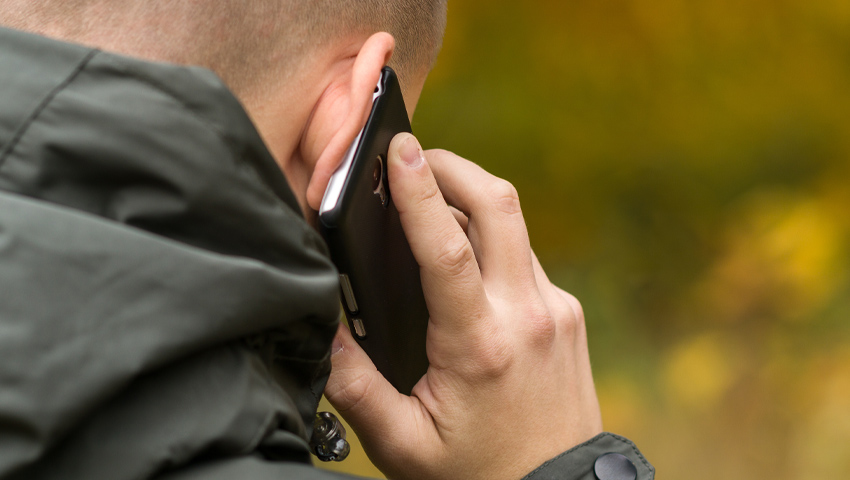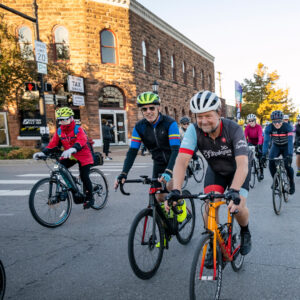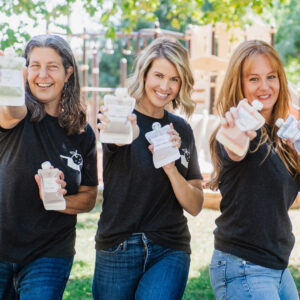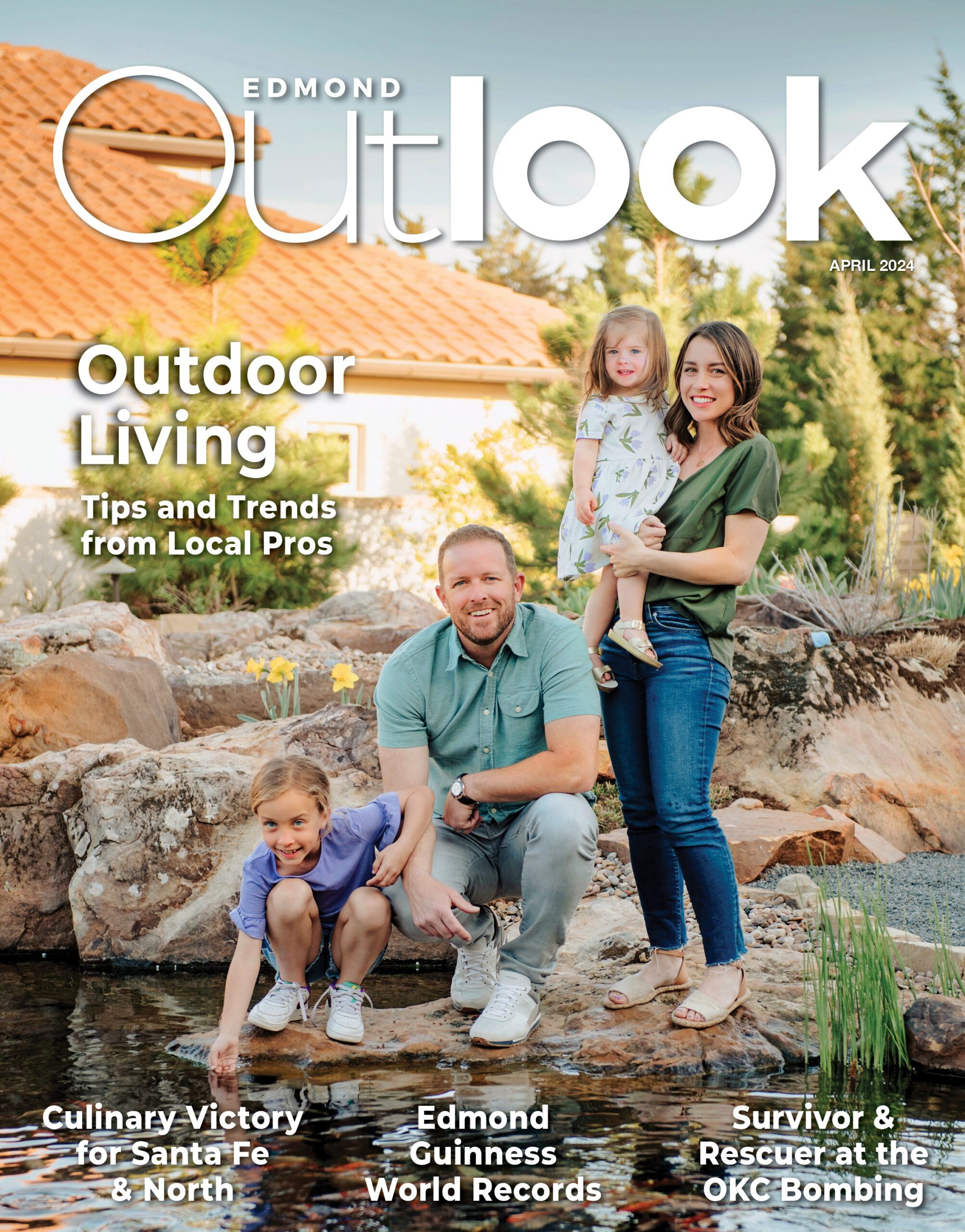Three Lifesaving Numbers: 988

Lauren never struggled with mental health until the birth of her son. Looking back on the depths of her postpartum depression, she says a lifeline would have been a “game changer”.
Though Kristen appeared outwardly strong following the loss of her mother, she was experiencing night terrors, feelings of purposelessness and a loss of hope. She knew she needed help, but wasn’t sure where to turn.
After her divorce, J’Shawna found herself wondering if her family and friends would be okay without her. She wishes she could’ve found support for these feelings of worthlessness sooner.
These are three among the thousands of stories that make the 988 Mental Health Hotline a life-changing resource for Oklahomans. Now, expert help for mental health crises are only three digits away.
Oklahoma’s 988 Mental Health Lifeline is staffed round-the-clock by trained mental health professionals. The 99.8% answer rate ensures that the nearly 3,400 Oklahomans who call each month have immediate access to the support they need.
“Unlike the national suicide hotline, Oklahoma’s 988 Mental Health Lifeline is completely staffed by Oklahomans with degrees in the field of mental health,” said Heath Hayes, chief communications officer for the Oklahoma Department of Mental Health and Substance Abuse Services.
For up to 91% of callers, it’s as simple as a single call. But the lifeline’s three-pronged approach extends far beyond the phone, with mobile crisis response, integration with law enforcement and alternative transportation for those needing care.
“Oklahoma is leading the charge for mental health crisis response,” Hayes said. “This is not to say that we invented all of it, but we took the best and combined it to create a system that we know is really working for those we serve.”
Out of over 500 mobile responses, only five have required law enforcement involvement.
“In other states, when someone experiences a mental health crisis and needs hospital care, they are cuffed, and put in the back of a police car for transport,” Hayes explained. “This can escalate a situation or even prevent individuals from seeking the help they need in the first place. Now, we have a better option.”
988’s so-called ‘closed loop process’ makes the crucial connection between callers and proper care and treatment. By next year, the lifeline expects an integrated system that allows lifeline workers to view provider calendars and schedule callers while they’re still on the phone.
When asked about future goals for the lifeline, Hayes said, “We want more calls. Let’s double it. We want to talk to every Oklahoman before their challenge becomes a crisis.”
For anyone needing help, 988 offers a sufficiently private and anonymous way to seek it. But even those who may not need help at this time are still encouraged to commit the three digits to memory, or use a number of free resources to make support more accessible to those around them.
Social media shareables, outreach cards, posters and coloring sheets are available for download in both English and Spanish at 988oklahoma.com/resources. The website also includes powerful testimonials, frequently asked questions, and helpful information to help shift the stigma surrounding mental health.
If you are facing a mental health challenge, call 988 today. Expert help is only three digits away.




